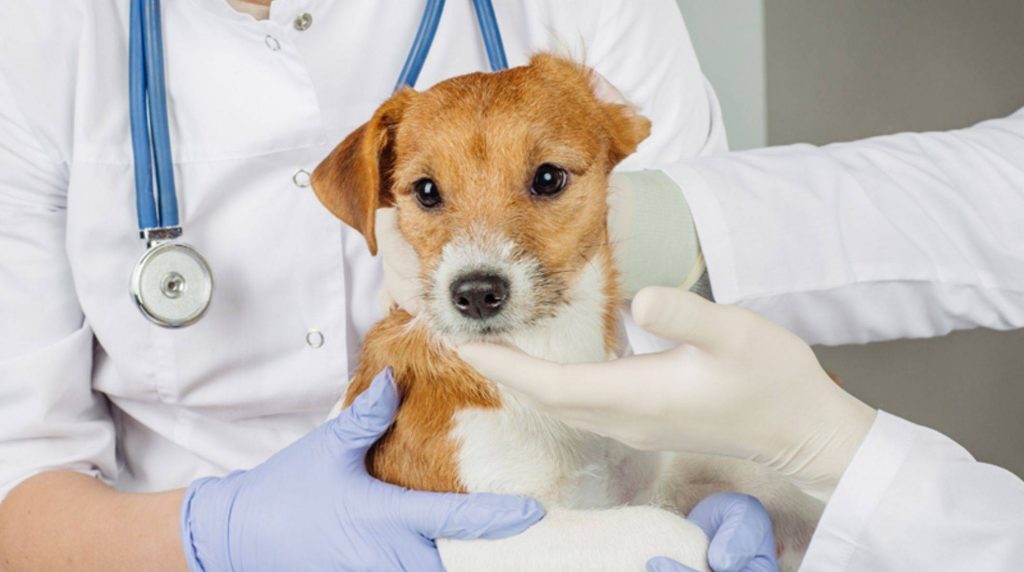Fortunately, hepatitis in dogs is rare these days. However, this does not mean that their pathogen is harmless. Symptoms show up within a few days. If left untreated, it can be fatal, especially in young dogs.

The contagious inflammation of the liver in dogs, called hepatitis contagiosa canis by medical professionals, is an infectious disease. The adenovirus causes it in dogs. Today it only occurs relatively rarely as an acute form of sudden liver inflammation. However, it is possible that the virus also causes chronic hepatitis, i.e., permanent liver inflammation.
Protection against hepatitis by vaccination?
The contagious liver inflammation in dogs can be very different. Most of the dogs remain symptom-free. However, they develop antibodies that protect them from renewed infection throughout their lives. You can also get a kind of natural vaccination protection from the vet with an appropriate injection. Acute hepatitis in dogs, despite vaccination, only occurs in sporadic cases. Your darling is protected as best as possible against hepatitis by immunization. However, the protection must be renewed after three years. The primary vaccination should take place from the eighth week of life.
Hepatitis in dogs: These symptoms are typical
Puppies or dogs without vaccination usually suffer more severely from hepatitis. They show the following symptoms 2-5 days after infection:
● fever
● vomiting
● diarrhea
● Jaundice
● loss of appetite
● severe thirst
● apathy
● abdominal pain
● bleeding
You should seek veterinary help immediately if you observe these symptoms in your dog. Especially for puppies, the prognosis is unfavorable if you hesitate even for a short time – death occurs after 12 to 36 hours. Canine hepatitis contagiosa can also become chronic if there are not enough antibodies against canine adenovirus-1. The viruses then survive in the dog’s kidneys and liver, where they cause chronic liver inflammation.
These treatment options are available for hepatitis.
The doctor can diagnose the disease by examining nasal secretions, blood, or urine. In some cases, a tissue sample must be taken from the liver. If there is hepatitis in the dog, treatment follows. Therapy focuses on the symptoms because the virus itself cannot be fought. Attempts are made to avoid complications and treat fever, diarrhea, and other ailments.
The vet usually gives the dog IV fluids to ensure he gets enough fluids and electrolytes. Damage to the kidneys and liver and changes in the cornea are possible consequences after surviving the disease.
Can Hepatitis Be Transmitted From Dogs To Humans?
Hepatitis can be transmitted quickly from dog to dog. They are usually infected with the dangerous virus through food or water contaminated with urine. However, infection through contact with saliva or feces is also possible. Humans cannot become infected with canine adenovirus-1 and need not be afraid of handling a sick animal.







